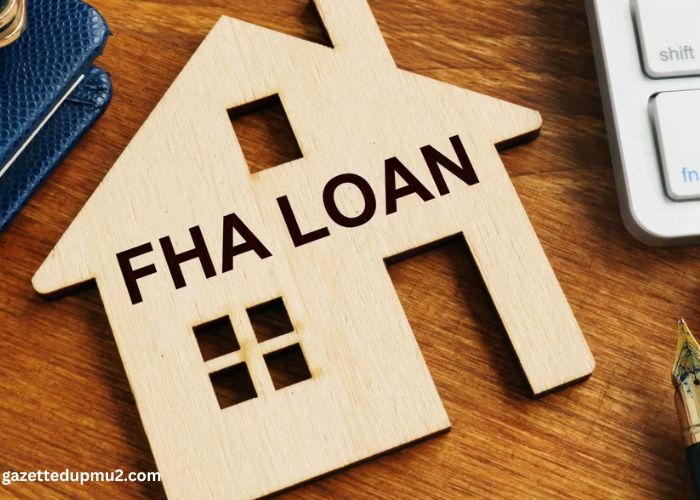FHA loans are mortgage loans insured by the Federal Housing Administration, designed to help homebuyers with limited savings or lower credit scores achieve homeownership. The government insurance protects lenders if borrowers default, which allows lenders to offer more favorable terms to borrowers who might be considered higher risk.
What Are the Benefits of FHA Loans?
Before applying for an FHA loan, it’s good to learn that these loans offer several advantages that make them attractive to first-time homebuyers and others who may have difficulty qualifying for conventional mortgages. You’ll find lower down payment requirements compared to many other loan types. FHA loans accept down payments as low as 3.5% for borrowers with credit scores of 580 or higher. Those with credit scores between 500-579 may still qualify with a 10% down payment.
Credit requirements are more flexible than conventional loans. While conventional loans typically require scores of 620 or higher, FHA loans can accommodate scores as low as 500.
FHA loans also feature competitive interest rates that are often lower than what the same borrower might receive with a conventional loan, thanks to the government insurance backing. Additionally, closing costs may be covered by gifts from family members or by the seller (up to 6% of the purchase price).
Eligibility Requirements
To qualify for an FHA loan, you’ll need to meet several criteria:
- Credit score minimum of 500, with better terms available at 580+
- Steady employment history and verifiable income
- Down payment funds (minimum 3.5% with credit score of 580+)
- The home must be your primary residence
- The property must meet FHA minimum property standards
- Your debt-to-income ratio typically should not exceed 43% (though exceptions exist)
- You must have a valid Social Security number and legal residency in the US
Your employment history will be carefully reviewed. Lenders generally look for at least two years of steady employment, though exceptions can be made if you can document good reasons for employment gaps.
The FHA Loan Application Process
First, check your credit reports and scores before applying. Address any errors and work on improving your score if needed. Then, gather necessary financial documents, including pay stubs, W-2 forms, tax returns, bank statements, and identification.
Next, get pre-approved before house hunting. This gives you a clear budget and strengthens your offer when you find the right home.
During underwriting, the lender verifies all your information and documentation. Finally, you’ll attend the closing, where you’ll sign the final paperwork and receive the keys to your new home.
FHA Loan Limits
FHA loan limits vary by county and are based on local housing costs. In 2023, the limits range from $472,030 in lower-cost areas to $1,089,300 in the highest-cost markets for single-family homes. These limits are updated annually, so it’s important to check current limits for your area when applying.
Tips for a Successful FHA Loan Application
- Improve your chances of approval by paying down existing debt before applying. This improves your debt-to-income ratio and may boost your credit score.
- Save more than the minimum down payment if possible, as this reduces your loan amount and monthly payments.
- Avoid making major purchases or opening new credit accounts before and during the application process.
- Keep your financial situation stable throughout the process.
- Work with an FHA-approved lender experienced in FHA loans who can effectively guide you through the process.
FHA loans provide a practical path to homeownership for many who might otherwise be unable to secure financing. Understanding the benefits, requirements, and process can help you determine if an FHA loan is the right choice for your homebuying journey.





